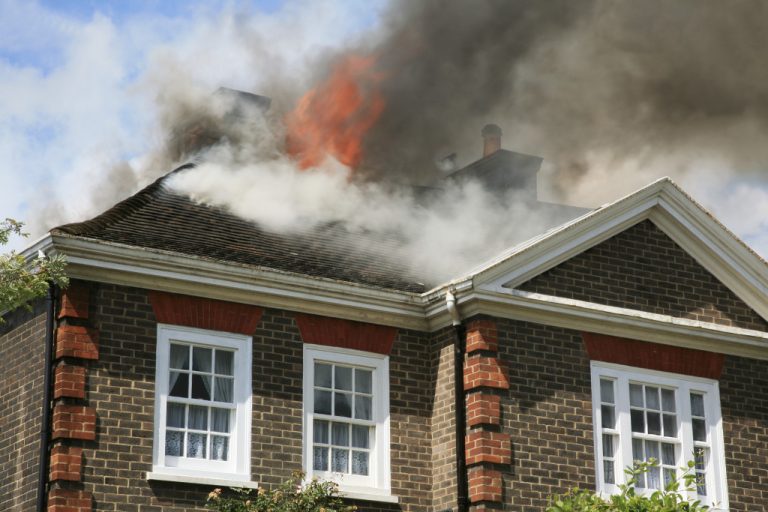Your family’s safety should be your top priority. But what does it take to ensure their safety? You may not know where to start. Read on for some ideas you can implement to help keep your loved ones safe.
Set Up a Fire Detection and Alarm System
One of the best ways to keep your family safe is to install a system for fire detection with an alarm system. This will help you be alerted to any fires that may start in your home, so you can take action quickly.
Set up fire detectors in every room. Install one inside each bedroom and also right outside it. If the fire is inside and the occupant does not wake up, other family members must quickly hear the alarm.
Make sure smoke detectors and alarms are working properly. Test them monthly and change batteries at least once a year or more frequently.
Ensure that the alarms are loud enough for everyone to wake up if a fire occurs after bedtime. You must test while everyone is asleep. Also, test it in the daytime when the alarm is competing with distractions like the television set, video games, and family members wearing earphones.
It is best to get a fire detection and alarm system that is connected directly to the fire department. That way, they can respond immediately.
Have a Home Fire Emergency Plan
It’s a good idea to have an evacuation plan in place if a fire does occur. Every room in the house must have no less than two escape routes to get to the outside within two minutes. According to the Red Cross, that is the amount of time you have to get everyone out of a burning house safely.

If your home has two stories, ensure that the upstairs rooms have a safety ladder kept by the window. This should be easy and quick to let down for egress. If your windows have grills, ensure that each room has a secure fire escape that is easy to open from the inside.
Ensure everyone in the family knows where to go and what to do. Assign also who will check with who within the family to ensure that everyone is accounted for. Include assignments on who will get the pets out.
Conduct fire drills until the family is able to achieve the two-minute target. Repeat this every six months, so everyone stays sharp and practiced.
Choose a designated meeting spot outside where everyone can go after each person has safely evacuated the house.
Keep a list of emergency contacts in a place where you can easily grab them and your mobile phone on the way out.
Install and Maintain a Carbon Monoxide Detector
Carbon monoxide is the top cause of accidental poisoning deaths in the U.S. You cannot smell or see it. This is why it is crucial to install a detector for carbon monoxide in your home and to maintain it properly.
Place the detector near the sleeping area so you can hear it if it goes off while you are asleep. Test the alarm monthly and change batteries at least once per year.
If the carbon monoxide detector sounds, immediately leave the house and call for help. Do not re-enter until the all-clear is given by emergency personnel.
Set Up a Home Security System
Another way to keep your family safe is to invest in a smart home security system. This must include video cameras, motion sensor lights, and alarms. These will help keep intruders out and will also record any suspicious activity.
A home security system is not complete without an alarm that will go off if someone tries to break in. The loud noise will scare away the intruder and also alert your neighbors, who can then call the police.
Video cameras are important because they will allow you to see what is happening in and around your home even when you are not there. You can also review the footage if something does happen.
Motion sensor lights are an excellent way to deter intruders because they will automatically turn on if anyone comes near your home. This will make it harder for someone to break in without being seen.
Get Adequate Insurance and Keep It Updated
Ensuring that your family is safe also means being prepared for the worst. This is why you need to have adequate insurance coverage. This will help you financially if something does happen to your home or possessions.
Home insurance policies typically cover damage from fires, storms, and theft. You may also want to get additional coverage for other things like flooding or earthquakes. Make sure to keep your policy up to date so that you are properly covered.
You should also review your insurance coverage every year to make sure that it is still adequate. As your home and belongings increase in value, you will need to adjust your coverage accordingly.
Prioritize the Family’s Safety
Taking steps to keep your family safe should be a priority. There are many things you can do to make your home safer and more secure. By following these tips, you can give your family the peace of mind that they deserve.

